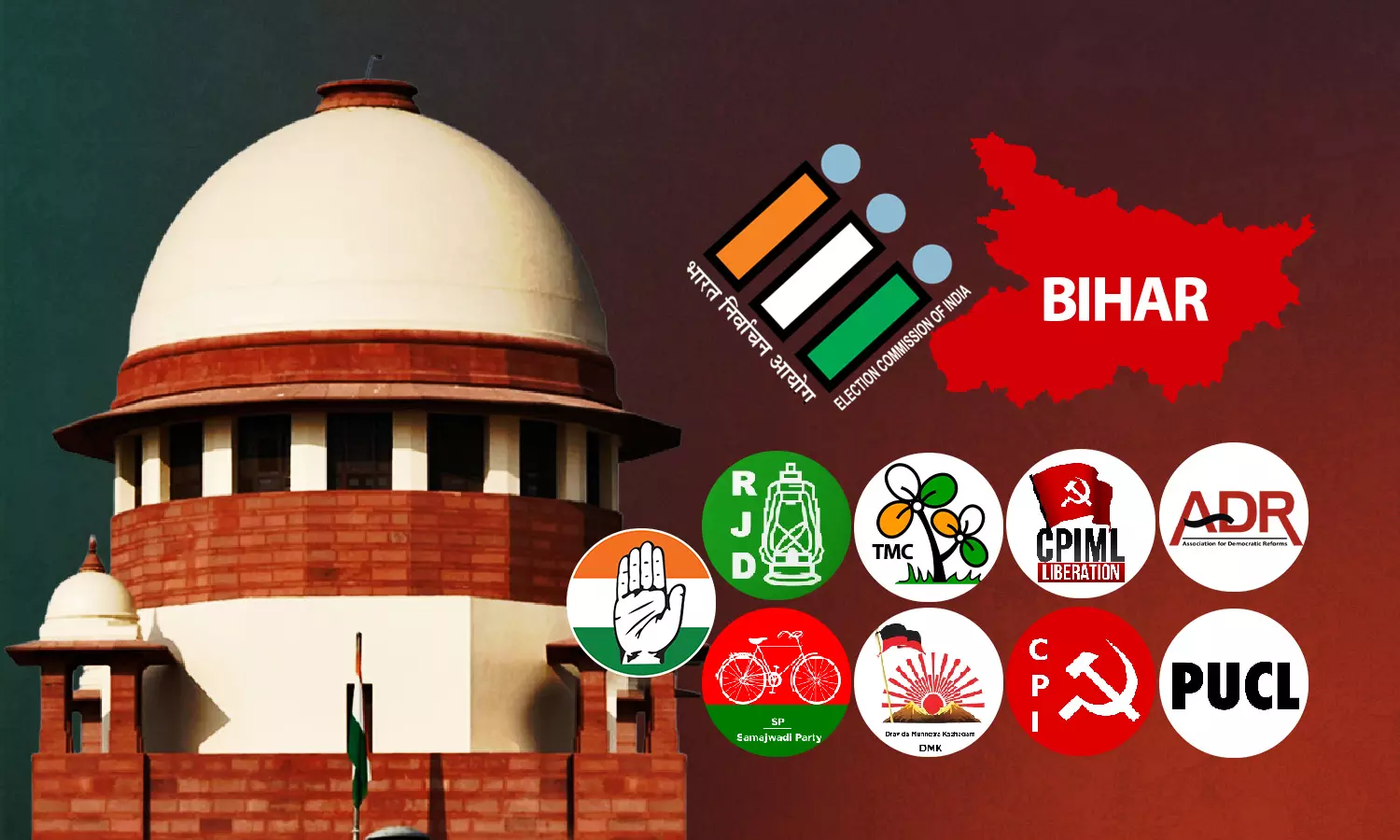Now Reading: Aadhaar, Voter ID, Ration Card Not Enough to Prove Citizenship, Says Supreme Court
-
01
Aadhaar, Voter ID, Ration Card Not Enough to Prove Citizenship, Says Supreme Court
Aadhaar, Voter ID, Ration Card Not Enough to Prove Citizenship, Says Supreme Court

In a significant clarification, the Supreme Court has ruled that documents like Aadhaar, Voter ID, and Ration Cards cannot be treated as conclusive proof of Indian citizenship. This comes amid rising questions around citizenship verification, particularly in the context of elections and national identity documentation.
The verdict is likely to impact how citizenship is assessed in legal cases, and it draws attention to the limits of government-issued identity cards when it comes to proving nationality.
What the Court Said
The Supreme Court made it clear that while these documents can help establish a person’s residence or identity, they do not, by themselves, confirm that someone is a citizen of India.
This distinction is important because citizenship is a legal status defined by the Constitution and various laws, and not all identity documents go through the same level of legal scrutiny.
Why This Matters
The ruling holds weight in light of past cases where individuals—especially in border states or conflict zones—were asked to prove their citizenship in courts or before administrative tribunals.
People often rely on Aadhaar or Voter ID in such situations. But as per this clarification, these cannot be considered final proof unless backed by additional, legally admissible documentation like birth certificates or government records confirming lineage.
Implications for Tier 2 Cities and Rural Areas
In many Tier 2 and rural regions across India, government IDs are often the only documents people possess. This decision may create confusion or concern for those who have never needed to present anything beyond these IDs.
For instance, daily wage earners, domestic workers, and migrants in cities like Nagpur, Bhopal, or Ranchi could face hurdles if asked to produce more formal proof of citizenship—proof they may not even be aware they need.
Concerns Around Misuse and Awareness
Legal experts point out that while the ruling upholds the law, it also highlights the need for better public awareness. Many assume that possession of Aadhaar or a voter card means their status as an Indian is unquestionable.
The risk now is that vulnerable populations may fall through the cracks simply because they lack the legal knowledge or resources to collect other proof.
Conclusion: ID Cards Are Not Enough
The takeaway is clear—having a government-issued ID is not the same as proving you’re a citizen. While these documents serve many purposes, their role in confirming legal nationality is limited.
The judgment urges both citizens and authorities to relook at how we define and verify citizenship, especially in a country as complex and diverse as India.

























